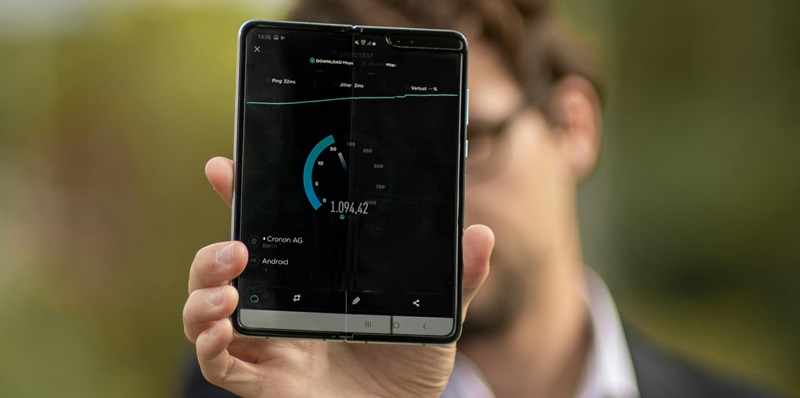The tech world is abuzz with the anticipated arrival of the Google Pixel Fold, potentially a groundbreaking addition to the foldable smartphone niche. With its entry, Google aims to challenge the dominance of established players like Samsung’s Galaxy Z Fold series. As Google readies to make its mark, there’s palpable excitement about how its foldable model will stack up against existing options.
The Google Pixel Fold promises to catalyze change in the mobile market, as techie crowds and potential consumers keenly await insight into its specs. Considering the competition, the Pixel Fold’s unique features could set a new standard for what a foldable phone should offer. This launch could signal a notable transformation in the dynamics of the smartphone industry, as Google ventures into a segment laden with innovation and fierce competition.
Innovative Design and Functionality
The Google Pixel Fold is expected to present a 7.6-inch display when unfolded, striking a good balance between usability and portability. While users have often expressed concerns about the durability of foldable screens, Google is purported to employ cutting-edge materials and reinforcing measures to ensure both resilience and a premium quality feel. Design-wise, Google seems to be prioritizing minimalism and ergonomics, focusing on how the device feels in the hand – equally important as how it operates.
Moreover, the foldable form factor lends itself to a unique user experience. Google is anticipated to capitalize on its software prowess to tailor the Pixel user interface specifically for the foldable experience. This could include multi-window operations, app continuity, and gestures optimized for the folding mechanism. The allure of this novel design extends beyond mere aesthetics; it promises to redefine how users interact with mobile applications, content creation, and consumption on a daily basis.
Hardware and Software Synergy
Under the hood, the Google Pixel Fold is rumored to house the latest Tensor G4 chip, promising performance at par with high-end devices, raising expectations for a seamless and swift user experience. Given Google’s expertise in AI and machine learning, the Pixel Fold may also introduce a suite of smart features and optimizations that could take advantage of the Tensor chip’s capabilities.
The heart of the Pixel Fold’s appeal, however, might just lie in its software. Google’s version of Android for foldables is poised to offer a tailored experience, exploiting the multifaceted form factor to deliver efficiency and enjoyment. The original Pixel Fold, currently available at a reduced cost, provides a glimpse into the foundation that Google is likely building upon. With user-centric design at its core, the forthcoming Pixel Fold’s software is anticipated to differ significantly from other iterations on the market, potentially elevating the role these devices play in our daily tech repertoire.
Camera Excellence Meets Flexibility
As with any Pixel device, camera capabilities are a focal point. The Google Pixel Fold is anticipated to harbor a versatile camera setup, meeting the standards of modern photography demands. The combination of Google’s computational photography expertise and the flexible nature of the foldable design might open up new possibilities for both amateur and professional photographers.
Pairing state-of-the-art sensors with the aforementioned Tensor chip, the camera on the Pixel Fold has the potential to shine in scenarios where other foldables falter. Low light, action shots, and portrait photography could all benefit from Google’s advanced image processing algorithms. Furthermore, the ability to use the device half-folded as a stand might introduce novel ways to capture images or engage in video calls, reinforcing the Pixel Fold’s position as a multifunctional tool designed for the future of mobile technology.

